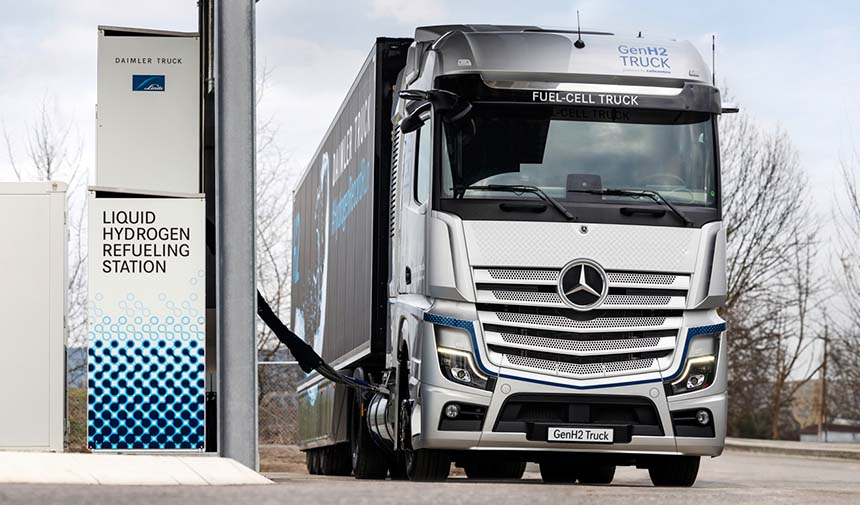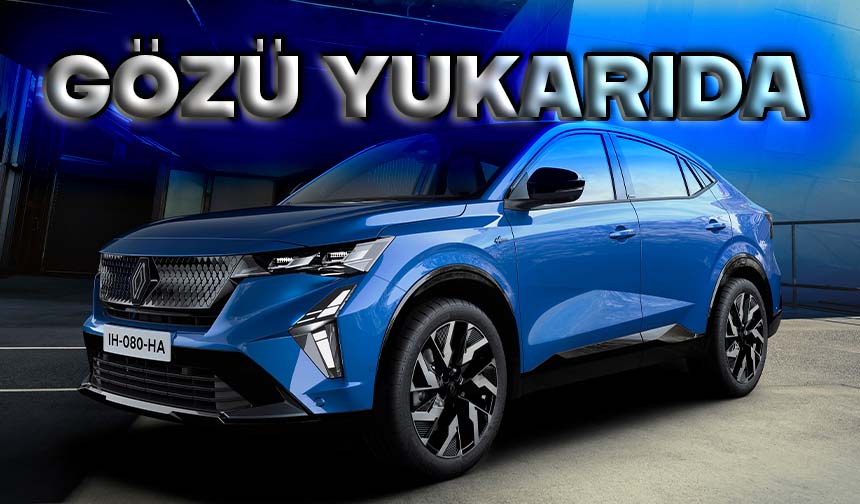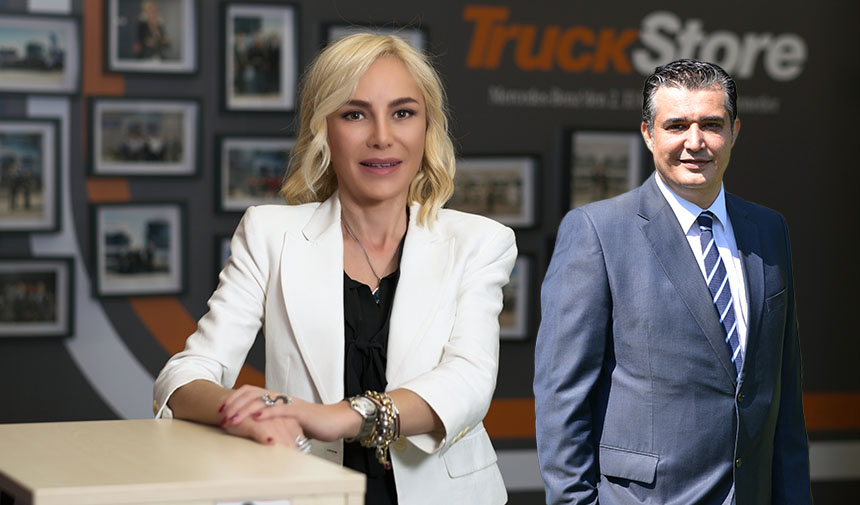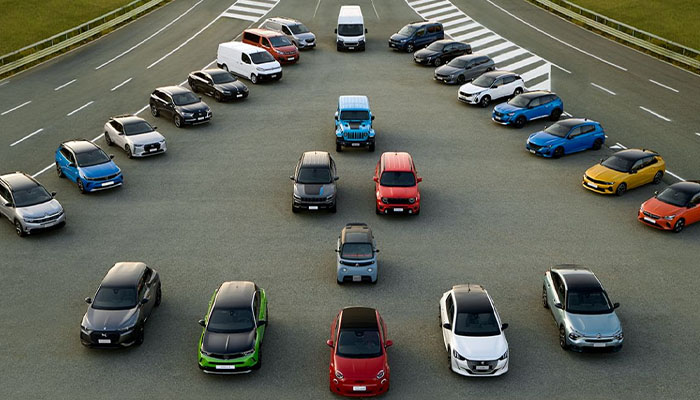- Mobile home based on the new Caddy suitable for everyday use.
- Completely redeveloped interior.
- As comfortable to sleep in as the bigger models.
- California camping furniture also on board.
- The world premiere of the new compact camper is set to take place virtually at the beginning of September.
Volkswagen Commercial Vehicles has revealed the first images and details of the successor to the Caddy Beach. The new Mini-camper is based on the all-new fifth generation Caddy and boasts a host of new features. One example is the entirely new bed concept that has been redeveloped to offer greater versatility. Technology in the compact camper van is definitely state-of-the-art. And a touch of romance is also included, with the panoramic glass roof offering a night under the stars.
A compact mobile home
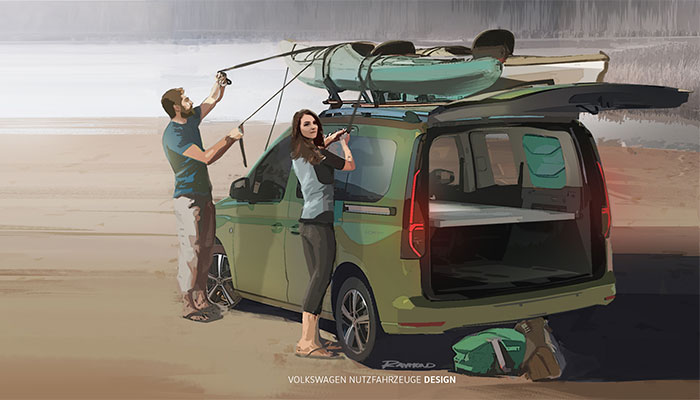
Since 2005, Volkswagen Commercial Vehicles has been selling a compact mobile home based on the Caddy as a standard production model. From the outset, the aim has been to retain everyday utility and to design the fittings such as storage bags and bed area to be removable. This is also true of the latest generation. The small brother of the California is an absolute all- rounder, intended for all who seek maximum flexibility from their car, so that they can embark on the occasional spontaneous micro-adventure.
One of the new highlights is the opportunity to gaze at the stars through the 1.4m3 panoramic glass roof before dozing off. Those who prefer to sleep in the dark or wish to avoid being woken by the sun in the morning can of course also darken all of the windows, including the glass roof. Ensuring comfort while sleeping on the almost two-metre-long bed are disc spring elements, as used in the beds of the California or Grand California as well.
Cleverly stowed in the rear are the popular and lightweight camping chairs and table from the California models. The two practical storage bags can be taken inside the home for easy loading. They also serve as privacy screens inside the vehicle when fastened in the rear window sections.
Comfort and safety while travelling
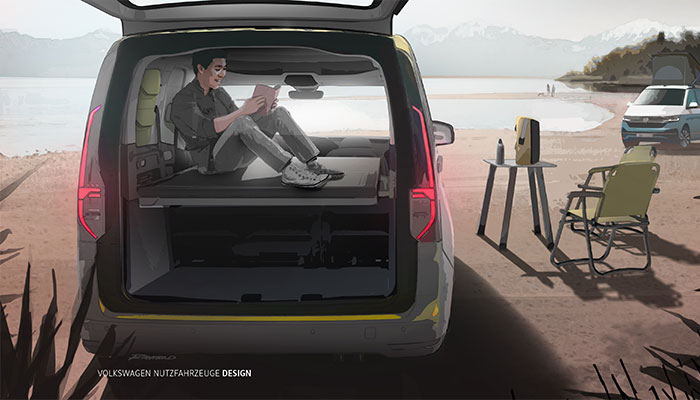
The new Caddy features 19 assistance systems for comfort and safety while travelling. Included among them is Travel Assist, which for the first time ever enables assisted driving in a Volkswagen commercial vehicle over the entire range of speeds. Also new in the Caddy and familiar from the Crafter and the T series are Trailer Assist, which makes reverse manoeuvring with a trailer significantly easier, as well as the Side-Assist and Rear Traffic Alert.
Like the driver assistance systems, the Caddy’s new four-cylinder engines are also innovative. They are from the next stage of engine evolution, fulfil the 2021 Euro 6 emissions standards and are all fitted with particulate filters. Also being used for the first time in the TDI units – which have power outputs between 55kW / 75 PS and 90 kW / 122 PS – is the new twin dosing system. Via two SCR catalytic converters and hence double AdBlue injection, the nitrogen oxide (NOx) emission levels are significantly reduced in comparison to the previous model, making the Caddy’s TDI engines among the cleanest diesel engines in the world. Also efficient and sustainable are a turbocharged petrol engine (TSI) delivering 84 kW / 116 PS.
About the Volkswagen Commercial Vehicles brand:
‘We transport success’. As a stand-alone brand within the Volkswagen Group, Volkswagen Commercial Vehicles (VWCV) is responsible for the development, construction and sales of light commercial vehicles. They include the Transporter, Caddy and Amarok ranges, which are produced in Hannover (D), Poznań (PL), Września (PL) and Pacheco (ARG). Our vehicles transport construction workers, families and adventurers, bread rolls, parcels and surfboards. Every day they help countless people all over the world to do a good job, they operate as mobile workshops and they bring paramedics and the police to wherever they are needed. Within the Volkswagen Group, Volkswagen Commercial Vehicles is also the lead brand for Autonomous Driving, Mobility as a Service (MaaS) and Transport as a Service (TaaS), and in future will therefore be developing and producing corresponding Special Purpose Vehicles (SPV), such as robo-taxis and robo-vans. In this way we are transporting an entire society, with all its requirements for clean, intelligent and sustainable mobility. Working at the company’s sites around the globe are more than 24,000 employees, including around 15,000 at the Hannover site.











